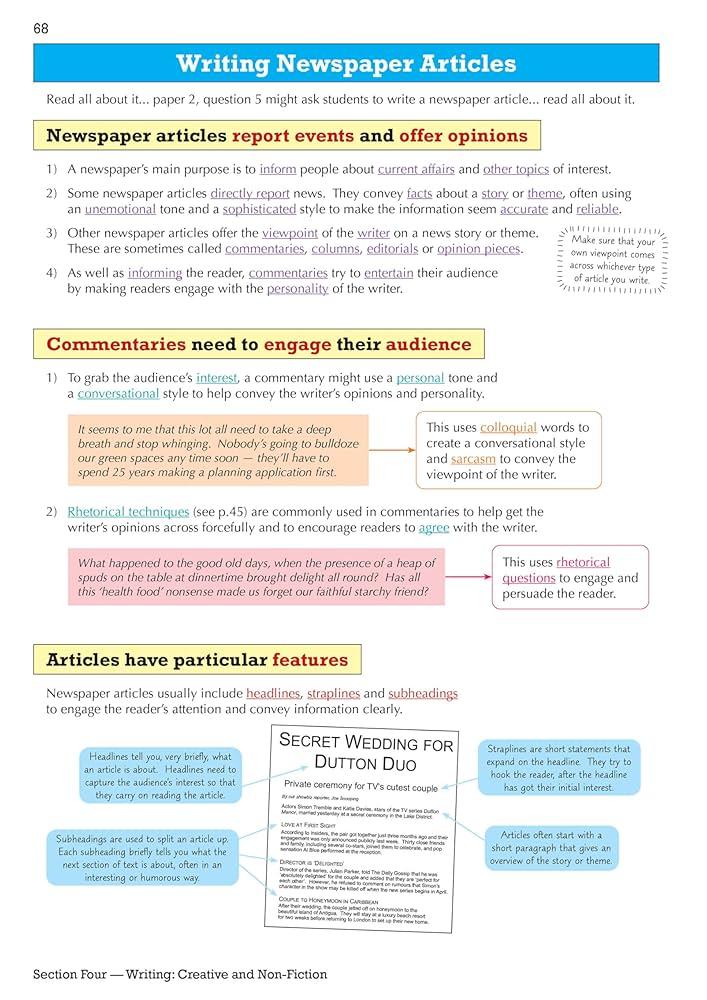In a significant and controversial ruling that has sparked widespread debate, the Supreme Court has granted the Trump administration the authority to expedite the deportation of immigrants to countries they do not originate from, including Libya and South Sudan. The decision, which reinforces the administration’s hardline stance on immigration, raises critical questions about the implications for due process and the safety of individuals being sent to nations facing turmoil and instability. As the legal landscape surrounding immigration continues to evolve, this ruling marks a pivotal moment in the ongoing discourse around refugee rights and the treatment of vulnerable populations within the United States. The Conversation explores the ramifications of this decision, the legal arguments at play, and the broader impact on immigration policy.
Supreme Court Decision Enables Swift Deportations to Non-Origin Countries
The recent ruling by the Supreme Court has sparked a significant shift in immigration policy, granting authorities the power to expedite the deportation of immigrants to countries where they are not originally from. This decision particularly affects individuals from war-torn regions, such as Libya and South Sudan, who may have sought asylum or refuge in the United States. Advocates for immigrant rights express grave concerns, arguing that this could lead to dangerous outcomes and further instability for deported individuals. They stress that many of these immigrants have fled persecution, violence, and hardship, making their return to such countries a life-threatening prospect.
Under the new ruling, immigration officials are now equipped with extended latitude to facilitate swift deportations with greater ease. Critics of the decision fear it could undermine international human rights commitments, as the practice may result in returning individuals to conditions that they fled from. The ramifications of this ruling could be far-reaching, potentially altering the landscape of asylum applications and drawing scrutiny from humanitarian organizations worldwide. Key points of contention include:
- Increased deportation rates potentially leading to human rights violations.
- Legal ramifications for those denied asylum, raising questions about due process.
- Impact on vulnerable populations seeking refuge from violence.
Legal and Humanitarian Implications of Rapid Deportations on Vulnerable Immigrants
The recent ruling by the Supreme Court allowing for the rapid deportation of immigrants to countries like Libya and South Sudan raises significant legal and humanitarian concerns. Vulnerable immigrants, often fleeing violence, persecution, and economic instability, now face the imminent threat of being sent to nations where their lives could be at risk. This policy undermines the principles of asylum and due process that many rely on for protection in times of crisis. Critics argue that such rapid deportations compromise legal standards, as individuals may not be granted the opportunity to present their cases or substantiate their claims for asylum in a fair and thorough manner.
The humanitarian implications are equally troubling. Rapid deportation disregards the complex realities of migration and the socio-political contexts from which these individuals are fleeing. Furthermore, by sending individuals back to countries they are not from, the policy risks straining relationships between nations and could inadvertently contribute to destabilization within those communities. Advocates for immigrant rights warn that these actions could lead to increased suffering for already vulnerable groups, including women, children, and the elderly who may find themselves in peril without support or resources. The potential for human rights violations looms large, as the expedited nature of these deportations may prevent necessary health and safety evaluations.
Advocacy Groups Urge Policy Revisions to Protect Immigrant Rights and Safety
In light of the recent Supreme Court ruling allowing the expedited deportation of immigrants to countries such as Libya and South SudanŌĆödespite these being places they are not fromŌĆöadvocacy groups are amplifying their calls for comprehensive policy changes. Organizations focused on immigrant rights argue that these actions threaten not only the safety of individuals but also undermine fundamental human rights principles. They emphasize the potential harm faced by deported individuals in countries plagued by conflict and instability, arguing for the necessity of asylum processes that genuinely evaluate the risks these individuals face in their home nations.
Advocates are urging lawmakers to consider several key revisions in immigration policies, including:
- Protection of Asylum Seekers: Ensuring that individuals have fair access to asylum hearings.
- Safe Deportation Practices: Implementing safeguards to prevent deportations to countries where individuals may face persecution or danger.
- Legal Representation: Guaranteeing that immigrants have access to legal counsel during immigration proceedings.
- Community Support Programs: Expanding resources for community organizations that assist immigrants during transition periods.
| Country | Risk Level | Current Situation |
|---|---|---|
| Libya | High | Political instability and violence |
| South Sudan | Critical | Ongoing conflict and humanitarian crisis |
| Somalia | High | Widespread violence and terrorism |
To Conclude
In a landmark decision that has significant implications for immigration policy, the Supreme Court has upheld the Trump administration’s authority to expedite the deportation of immigrants to nations such as Libya and South Sudan, regions that many have fled due to violence and instability. Legal experts indicate that this ruling may set a troubling precedent, raising concerns about the safety and humanitarian conditions in these countries. As the ramifications unfold, advocates for immigration reform and human rights are poised to challenge these measures further, emphasizing the need for a more compassionate approach toward those seeking refuge. This ruling not only reshapes the landscape of U.S. immigration policy but also signals a continued shift towards more stringent enforcement actions in the face of ongoing debates regarding national security and human rights. The conversation surrounding this issue is far from over, and its impacts will likely resonate throughout the legal, political, and social spheres in the coming months.







